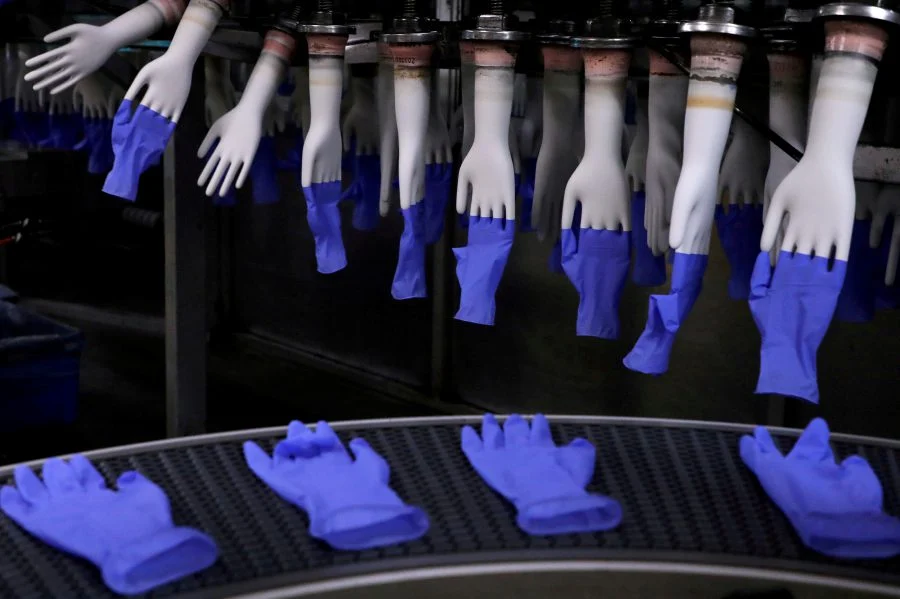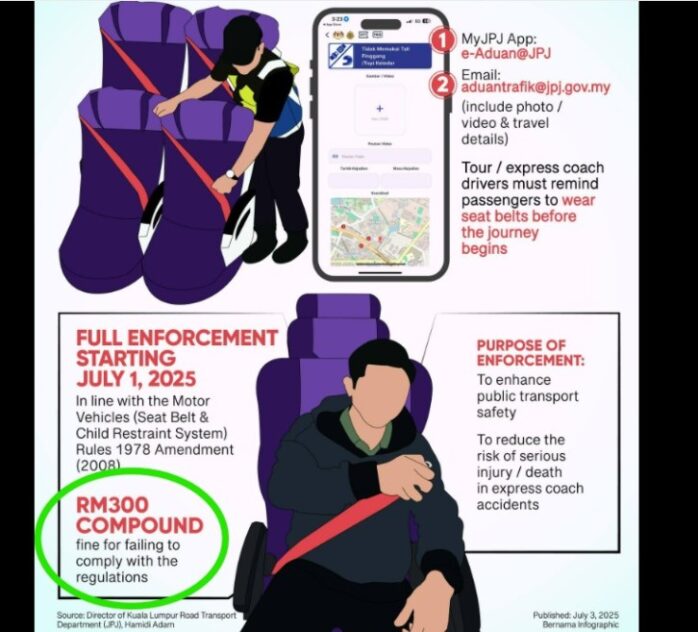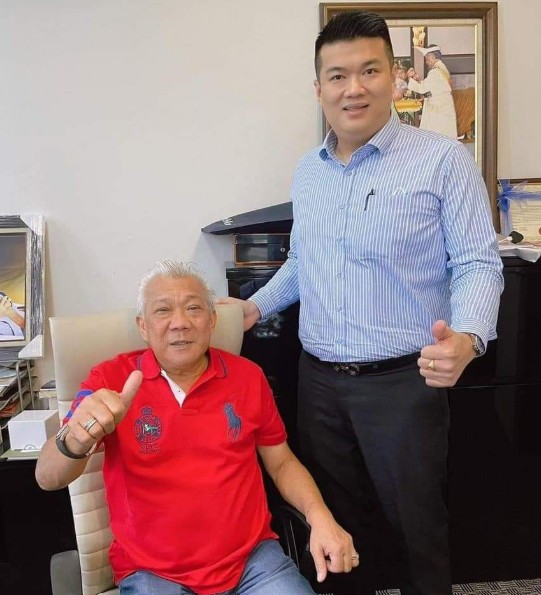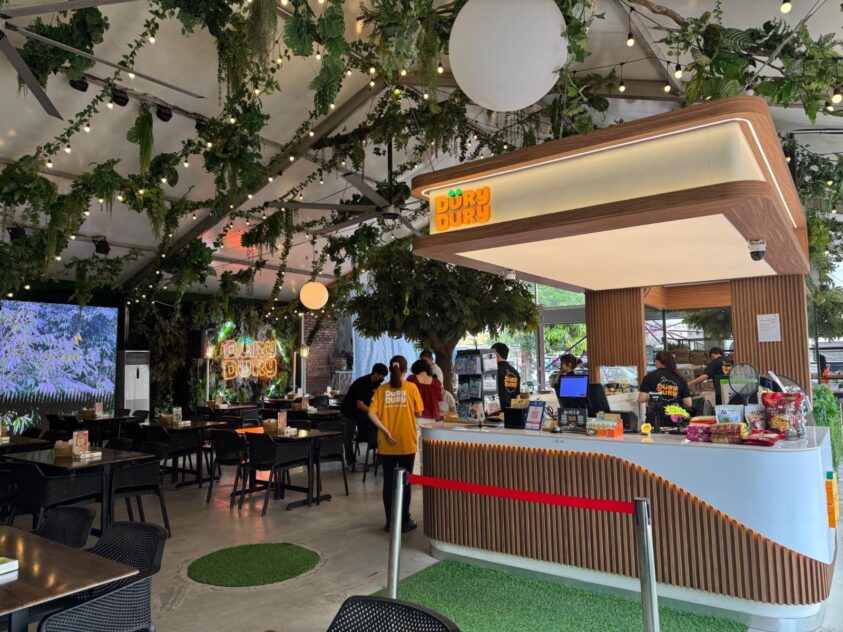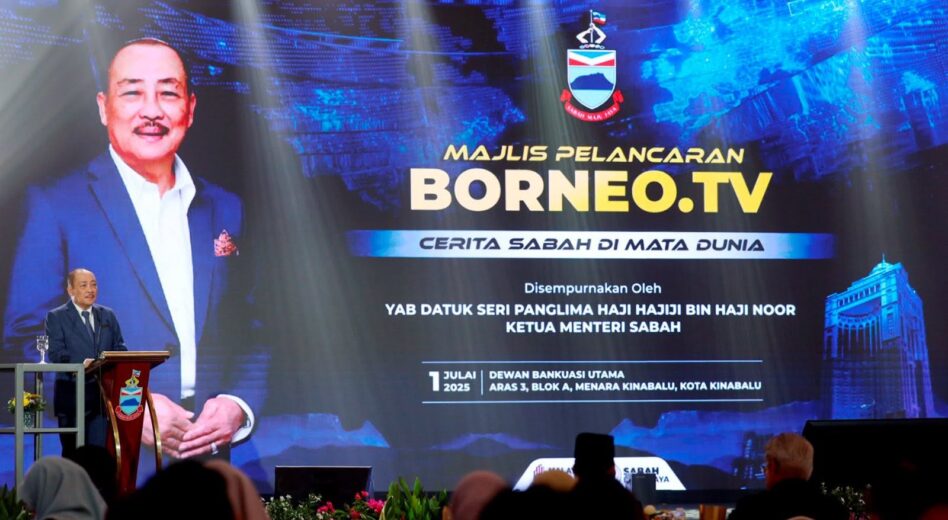The automotive industry in Malaysia is bracing for a challenging time amid the Covid-19 outbreak. The current situation has sent sales into free fall as consumers defer the purchase of big-ticket items.
The critical situation has led those working in the vehicle manufacturing and distribution trade to lose jobs.
According to a news report in the New Straits Times, some 50,000 local workers of car dealers and importers are at risk of losing their jobs if the Covid-19 crisis prolongs to more than two months.
Swedish-based company Volvo Car Malaysia managing director Nalin Jain told FocusM that the situation for the auto industry is quite tough at the moment and the industry is expecting a significant drop in volume throughout the year.
“The companies were not able to sell any cars in the lockdown. The service was also partially operational. So the volume was very low. The fixed costs have to be incurred. It is now a relief that the service operations have fully started,” he said.
In addition, Nalin also said the situation will get better when the Road Transport Department (JPJ) is open for registrations to enable sales to take place.
He noted that the Covid-19 pandemic will permanently change the auto industry moving forward.
“The auto industry was moving towards digital and different ownership models already. The pandemic will accelerate the change. On top of that, the customer life cycle will also change.
“There are many customers who will now prefer not to have too many physical interactions but more virtual experiences. Due to economic uncertainties, they may not want to buy cars but have the option to use and give back the car flexibly,” said Nalin.
Proton Holdings Bhd’s spokesperson said at this point, it is probably too early to understand the full impact on the industry but smart money suggests that safety will become a big factor going forward.
“It is too early at this point to make any pronouncements on the state of the industry but our focus at Proton will be to ensure that we can optimise our resources and find new ways to do business under the ‘new normal’.
“Our main focus in this period is to ensure that we can operate in a safe environment. A key priority is the health and wellbeing of our customers, employees and partners. To this end, we have worked out very strict guidelines which include sanitisation, disinfection and strict social distancing protocols,” he said.
Impact on the auto industry?
Volvo’s Nalin said the industry will have to adopt a lot more digital technologies in the sales, service and experience part of the customer life cycle, and do this fast.
“This is the time for the industry to reinvent itself and do things differently to gain customer confidence and bring them back. Yes, there will be volume loss initially, but as a Swedish company, we always believe in taking this as an opportunity to challenge the status quo and become stronger and better. So I am confident we will come out better from this situation.”
Moving forward, he added, the industry will have to optimise all its costs and business models. “They will have to take care of people’s motivation, health and safety as priority. Then the industry has to start working on new ways of engaging with the customers. Finally, the industry still needs to continue on the sustainability journey. It will be a winner as people are now used to clean air and the brands cannot be seen as destroying this.”
Proton’s spokesperson said the auto industry has been around for a long time and it has faced many challenging periods. “During each of those times, the industry learned how to pivot and find its way. There is no reason to doubt that it will learn how to navigate this new challenge.
“The key factor will be to get customers back into a buying mode. This challenge is not unique to the auto industry. As people start to re-adjust and live in the new normal, it will be important that we can reassure them so that they can feel safe not just about our products but also our services.”
Should EEV be an alternative?
Due to the current situation, Nalin said energy-efficient vehicles (EEV) car production has not been pushed back. In fact, the company has launched its S60 T8 plug-in hybrid electric vehicle (PHEV) car and will continue its plans to bring battery electric vehicle (BEV) cars to Malaysia in the future.
“We are committed to Malaysia’s growth and investments,” he said.
The newly launched PHEV car will help to minimise exhaust emissions while helping the world recharge via a cleaner environment.
A Honda spokesperson said the company is on track for EEV production and to contribute to the nation’s economy, and it has resumed its operation recently during the conditional movement control order (CMCO).
“As businesses are resuming their operation recently during CMCO, we still need to monitor the whole situation closely,” he added. – May 19, 2020



